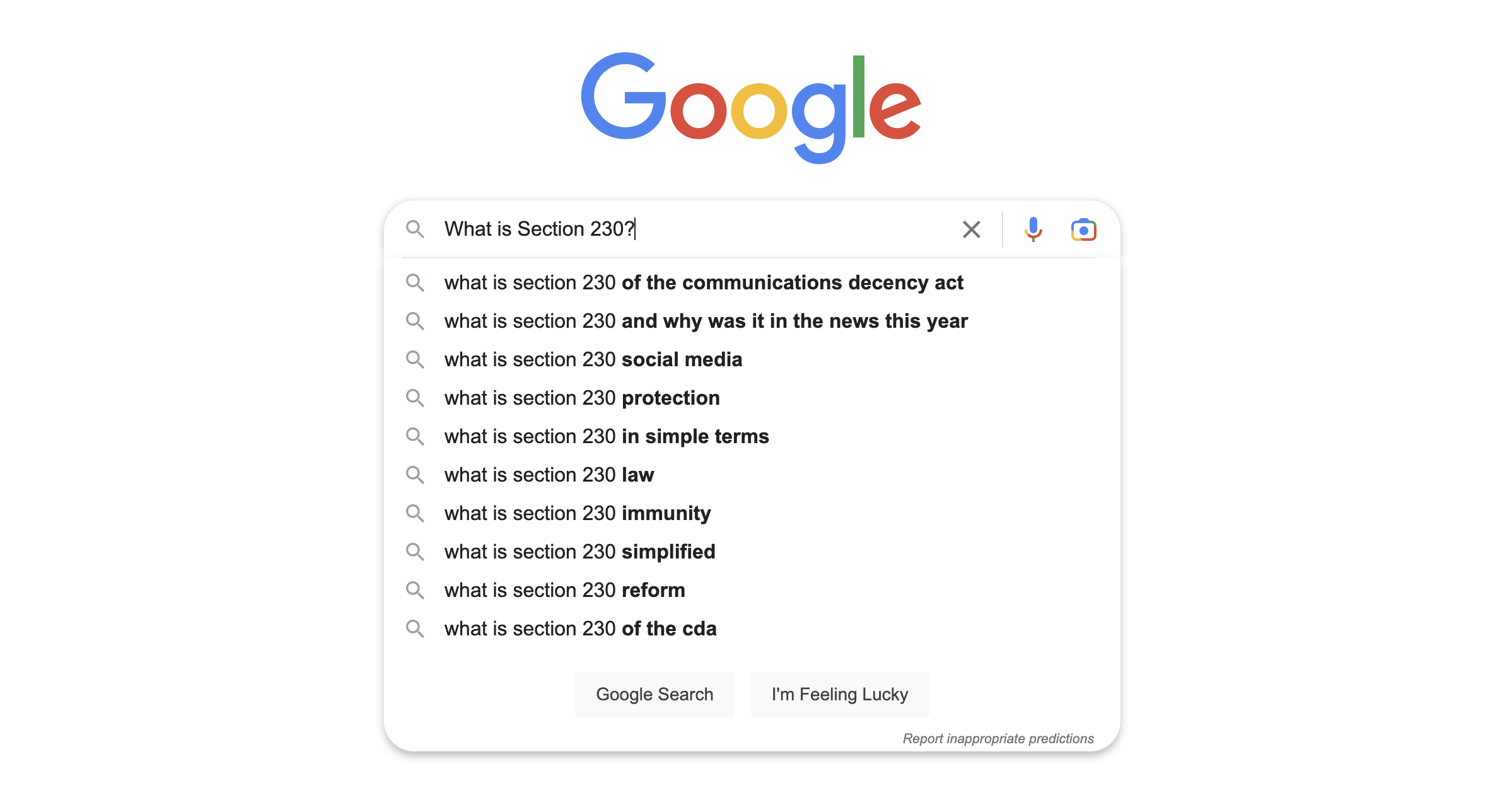By David L. Hudson, Jr.
A prisoner rights group had its First Amendment claim against an Arkansas county’s ban on inmate mail other than postcards reinstated by a divided federal appeals court panel. The panel reasoned that the district court needed to make factual findings on whether there were other ways the prisoner rights group could have communicated with the inmates.
In January 2012, the Sheriff of Baxter County, Arkansas, started the following policy on inmate mail. It provided:
“With the exception of privileged mail or legal mail, the only type of mail the jail staff are permitted to accept for the inmate is postcards. Other mail will be marked for return to sender.”
Between August 2016 and May 2017, the Human Rights Defense Center (HRDC) mailed its Prison Legal News and The Habeas Citebook: Ineffective Assistance of Counsel to several inmates at the jail, but the mailings were rejected because of the postcards-only policy. Prison Legal News is a monthly magazine of about 70 pages that contains news about prison conditions, cases, and rights. The Habeas book contains case law on ineffective assistance of counsel, a claim often filed in habeas corpus proceedings. The essence of such claims is that the inmate’s Sixth Amendment right to the “assistance of counsel” was violated, because the attorney’s performance was both deficient and prejudicial.
HRCD sued Baxter County in federal court, alleging that the postcard-only policy violates the First Amendment by prohibiting HRDC from communicating with inmates. The jail countered that its policy was rationally related to its goals of efficiency, cost-effectiveness, and security.
A federal district court upheld the mail policy, finding that it was reasonably related to legitimate penological goals.
On appeal, a three-judge panel of the Eighth U.S. Circuit Court of Appeals reinstated the First Amendment claim by a 2-1 vote in Human Rights Defense Center v. Baxter County Arkansas. The Eighth Circuit applied the U.S. Supreme Court’s standard for evaluating prisoner claims from Turner v. Safley (1987). That standard asks whether the policy is reasonably related to legitimate penological concerns, such as safety or rehabilitation. The standard has four parts: (1) whether the prison policy has a valid rational connection to a legitimate governmental interest; (2) whether alternative means are open for communication; (3) what impact an accommodation of the right would have on prison staff; and (4) whether there are ready alternatives to the policy.
The Eighth Circuit focused much of its attention on the second prong—whether HRDC had alternative means to communicate with the inmates. The appeals court wrote that “an important question is whether HRDC proved its assertion that the postcard-only policy results in a de facto total ban on jail inmates accessing HRDC materials.”
The Eighth Circuit found that the district court failed to make findings of fact on this issue. “As written the postcard-only policy looks like a total ban—it instructs Jail staff not to deliver books and magazines to inmates,” the majority wrote in its per curiam opinion. “There was also trial testimony that inmates may not order or receive such publications.”
The panel thus vacated the dismissal of HRDC’s claim and remanded it back to the district court.
Judge James B. Loken dissented on the First Amendment issue. He wrote that the district court was correct in identifying an alternative way that HRDD could have communicated its materials to inmates—“attempt to donate its materials to the Jail to supplement the County’s small law library.”
David L. Hudson, Jr. is an assistant professor of law at Belmont University College of Law, and the author of First Amendment: Freedom of Speech (2012). He is also a legal fellow at First Amendment Watch.
Tags




